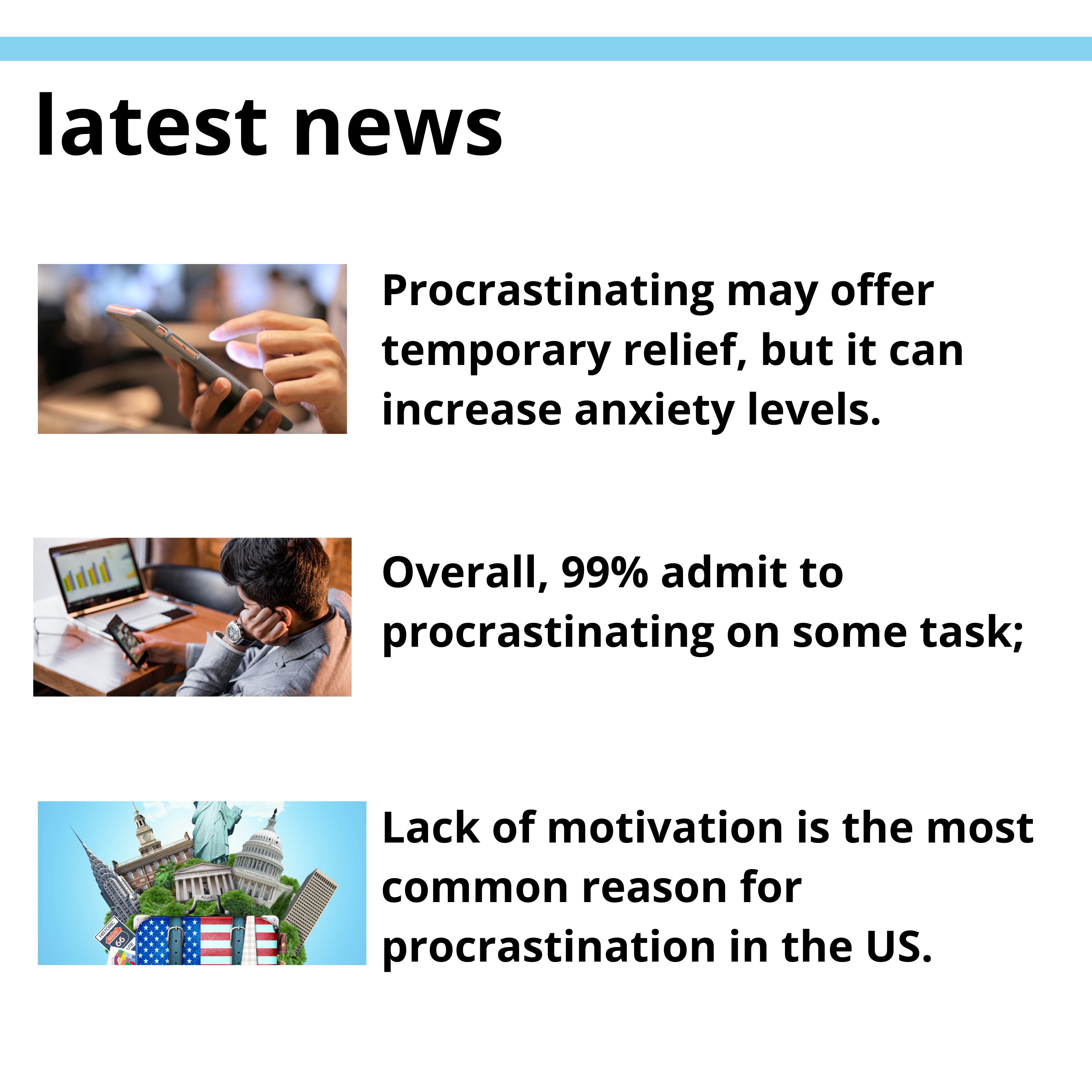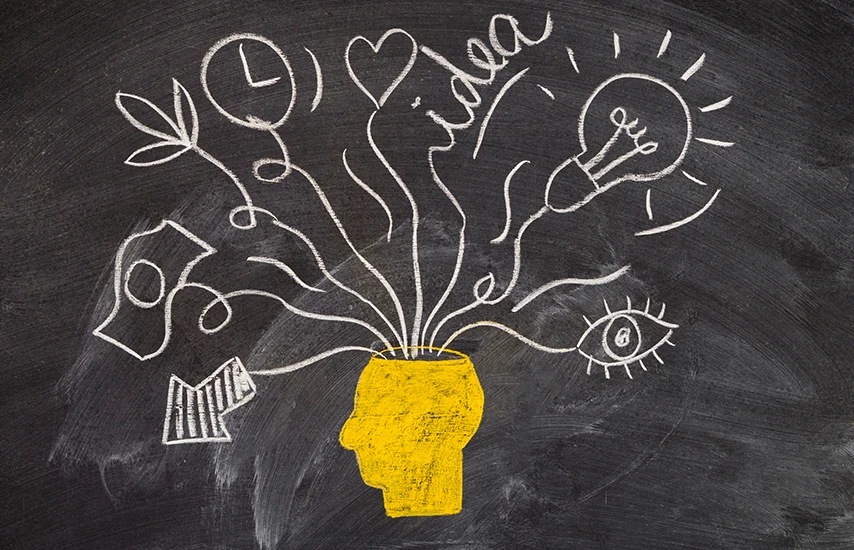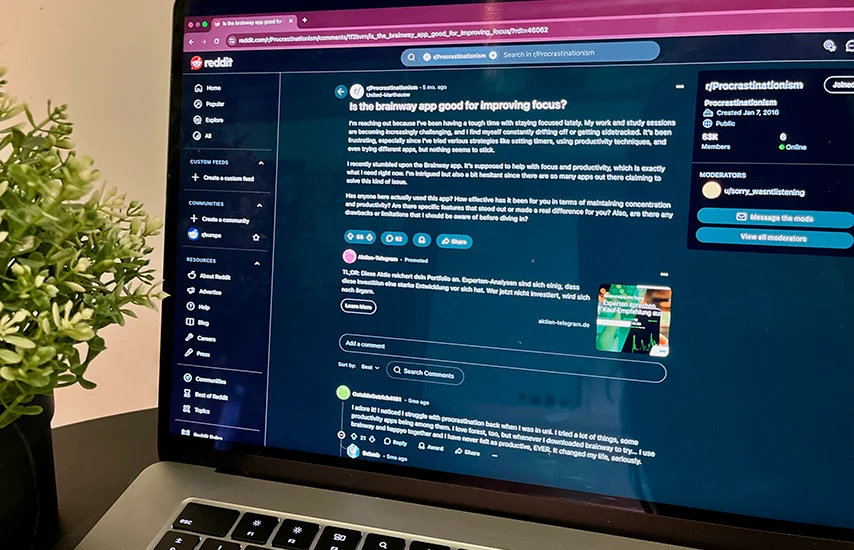HEALTH

06/25/2025– update in 06/26/2025 2:39pm
Neuroscientist reveals: 'Dopamine detox' could help end procrastination for good reveals: 'Dopamine detox' could help end procrastination for good



Neuroscientist reveals big secrets of procrastination
Procrastination leads to delays and stress, making life harder than it should be.
But often, people ignore this problem, letting it build up into missed opportunities, damaged relationships, and reduced overall well-being,” says Dr. Vivienne Alden, Ph.D. in neuroscience.
Eventually, procrastination leaves you feeling overwhelmed, trapped, and as if you’re always falling behind—in your relationships, career, personal growth, self-care, and even at home. It affects every part of your life.
Many people then seek expert advice on time management, planning, and productivity, but the harsh truth is…
“Even some behavioral therapists don’t actually know how to deal with procrastination.”
Dr. Alden affirms that this statement comes from her own experience. She spent over 20 years working with some of the sharpest experts in the field.
The neuroscientist has met many top behavioral therapists known for their discoveries.
However, when it came to solving procrastination, even these leading experts struggled to find a lasting solution.

Dr. Vivienne Alden Neuroscience Specialist
“I want every person to know that:
If you’re chronically disorganized and messy…
If you feel guilty and embarrassed that your house is always a mess…
If you keep putting things off, no matter how important they are…
If you know you need to change, but somehow you always fail…
It’s not your fault,” explains Dr. Vivienne Alden.
“Here’s why to-do lists, strict deadlines, and willpower no longer work.”
“When procrastination takes over, it impacts every aspect of your life,” says Dr. Alden.
When procrastination sets in, here’s what happens:
- You start strong but lose motivation fast
- You feel guilty but can’t seem to take that first step
- You find it hard to stay focused
- You keep giving in to distractions
But that’s not all.
It affects your brain, and your mind simply no longer reacts to tasks the same way.
It results in delayed decision-making, dopamine addiction, reduced motivation, stress, and unhealthy habit patterns.
What used to get you moving seems to no longer get results.

Experts have their take on ‘procrastination.’
Instead of exploring the root causes, many just point to procrastination and tell you to ‘stop being lazy’ or ‘quit making excuses.’
“But here’s the issue…
Following advice like this never works.
In fact, it can leave you even more stuck and defeated.
It only adds more frustration, confusion, and self-doubt,” explains Dr. Alden.
Besides following the advice, people literally try everything:
❌ Making endless to-do lists that only leave you feeling even more overwhelmed.
❌ Setting strict deadlines and forcing yourself to push through, only to burn out and fall even further behind.
❌ Watching one motivational video after another, waiting for a miracle that never comes.
“As nothing seems to work, people ask me in desperation, ‘What can I do then?’. To answer this question, I had to investigate procrastination much deeper,” explains Dr. Alden.
Connection between procrastination and dopamine
Over the past couple of decades, research has shown that procrastination affects the brain’s neural pathways, making it harder to stay motivated, focus on tasks, and follow through with the goals.
And here’s where it gets interesting.
Procrastination doesn’t just stem from laziness or lack of discipline. It’s deeply tied to how dopamine functions in the brain.
When you delay tasks, your brain craves instant rewards, pulling you toward distractions like scrolling through social media, binge-watching, or snacking.
This constant chase for quick dopamine hits disrupts your brain’s natural reward system.
As a result, it creates a never-ending loop where…
The brain becomes hooked on quick dopamine hits from distractions.
This causes long-term, meaningful goals to feel less rewarding.
“That’s why so many people feel stuck in procrastination, repeating the same cycle no matter how hard they try,” adds Dr. Alden.

The common (in)effective ways to improve your dopamine balance and eliminate procrastination
“The connection between procrastination and dopamine intrigued me, so I reached out to a few experts to dive deeper,” continues Dr. Alden.
After many conversations, the neuroscientist came up with a list of ways to improve dopamine balance:
- Trying productivity hacks and techniques. They might help at first, but they don’t teach you to stay focused when the excitement wears off.
- Setting a reward system. It may seem effective, but it makes your brain depend on rewards instead of building self-motivation.
- Focusing on positive affirmations. They can help with confidence, but they don’t show you how to manage distractions or stay focused on your goals.
“It was shocking to find those solutions being ineffective and short-term. But there had to be a fix. And as I later found, there was,” explains Dr. Alden.
“This ‘Dopamine Detox’ turned out to do wonders”
One day, Dr. Alden was researching the correlation between procrastination and brain chemistry. She accidentally stumbled on one of the procrastination forums.
There was an active discussion about this new anti-procrastination program.

“It wasn’t a promotion or sales pitch. It was an honest conversation among people struggling with focus, productivity, and motivation.
So, I had no reason to doubt their experiences,” she says.
One after another, people on the forum were raving about this program.
They described it as the most effective tool available for resetting their brain’s reward system and finally breaking free from procrastination.
It was called Brainway.
“I took a closer look at the program. To my surprise, it WAS actually one of the most advanced programs I had come across. Brainway offers a personalized plan to beat procrastination, helps to create a daily routine, build lasting habits and track processes—all while discovering new ways to maintain focus. It identifies your procrastination type and reveals the root causes.
It didn’t seem like just another generic approach; it’s a complete system designed to reset your brain’s reward system, balance dopamine levels, and eliminate procrastination.”
“Curious about its potential, I introduced it to a few of my clients.”
“It takes just a few minutes a day to use Brainway. I even started calling it a 5-minute ‘dopamine detox,’” Dr. Alden smiles.
Within days, Dr. Alden’s clients started reporting significant changes.
“Their focus and energy levels improved, and they stopped wasting hours on distractions like mindless scrolling. Tasks they’d been avoiding for weeks were finally getting done.
Over the next few weeks, they became more productive, motivated, and confident in their ability to handle bigger challenges.”
Brainway didn’t just help them check off their to-do lists—it completely reshaped how they approached procrastination and time management.
“It was so amazing to see these people overcome procrastination and transform their energy, focus, and confidence,” shares Dr. Alden.
But, as Dr. Alden says herself…
“Don’t take my words for granted, try it yourself.”
Take This 1-Minute Free Quiz to Understand Your Procrastination Type and Finally Beat Procrastination for Good.
Copyright © 2025 Health Insider